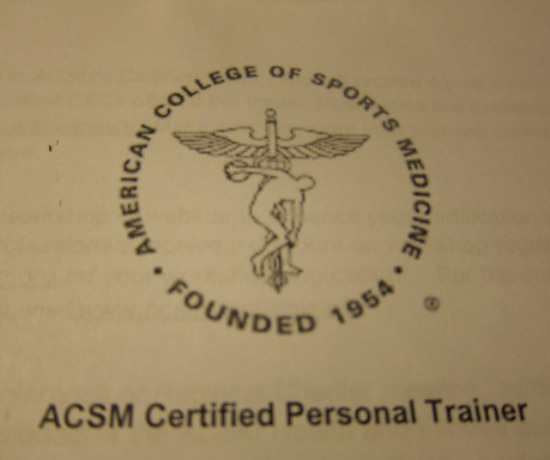Hey ladies!
This just in – exercise is great for the body, but don’t rely on exercise alone to lose weight. A new study in JAMA found that in over 34,000 non-dieting women, exercise was associated with not gaining weight over time, but only in women who weren’t overweight to begin with. The overweight/obese women in the study had a much harder time losing weight if they relied on exercise alone to shed pounds.
Weight Loss Thoughts from the Personal Trainer
Just as exercise alone will make it hard for you to lose weight, relying only on calorie intake (your diet) for weight loss is not the best approach either. If there is one thing I stress as a personal trainer it is that healthy weight loss comes from a combined approach – calorie restriction + exercise. And, whether that exercise is in the form of running, strength training, or yoga, exercise is still a major factor in what keeps our heart and our whole body healthy.
For those of you who are overweight or are obese and are struggling with weight loss – Weight loss is hard – there’s no doubt about that. But, when people ask me what is the one thing they can do to lose weight, I tell them that they need to focus on taking in fewer calories than they burn or
Calorie burn > calorie intake.
Although this is a good rule of thumb to follow, the exact amount of calories a person must burn and omit from their diet to lose 1-2 pounds a week varies from person to person. When I coach someone on how to lose weight, I use a 2-step approach:
Two-Step Approach to Weight Loss
- STEP 1 – Establish Calorie Baseline: Determine your baseline for both calorie intake – how many calories you eat a day – and your calorie expenditure – how many calories you burn during exercise and regular daily activities. This baseline is what your body is used to and what is probably making you gain your unwanted weight.
- STEP 2 – Adjust Baseline: Decrease your daily baseline calorie intake while also increasing your calorie expenditure so that the total amount of calories you are “giving up” equals 500-600 calories a day. For instance, you may choose to increase your activity level/exercise so that you burn 250 calories more than your baseline per day, while also eating 250 fewer calories a day. Therefore, your total daily calorie deficit is 500 calories. This deficit can fluctuate from day to day or week to week. You may feel like exercising more one week or eating fewer calories the next. With this approach, a calorie deficit of 500 calories a day equals 3,500 calories a week, or a loss of 1 pound per week.
Again, this Two-Step Approach to Weight Loss does not rely on exercise or diet alone to lose weight – it’s a combination approach. And this approach does not apply to those with special circumstances, such as those with thyroid issues. As always, before starting any exercise routine or weight loss method, check with your primary care clinician to make sure the strategy is right for you.






























Most Recent Comments